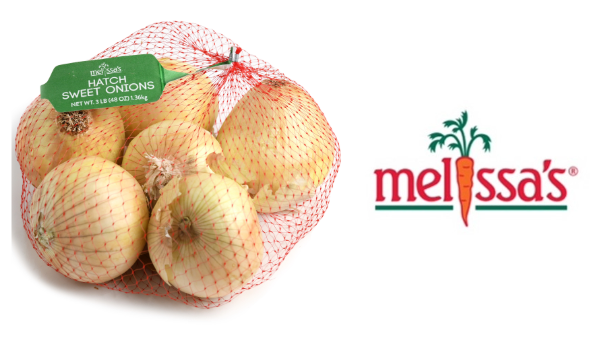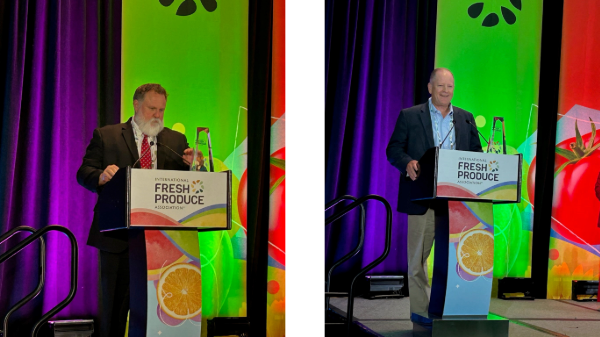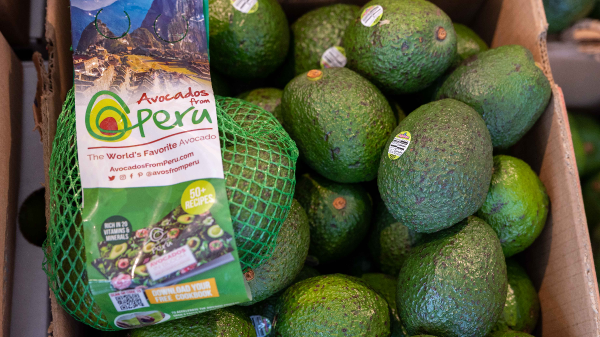
While the intention of the Department of Commerce may be to withdraw from the Tomato Suspension Agreement on May 7, 2019, only time will tell what the actual outcome and/or repercussions may be.
While the first suspension agreement on fresh tomatoes from Mexico became effective on November 1, 1996, the most recent was entered into on March 4, 2013. On Feb. 6, the Department of Commerce (DOC) notified the Mexican signatories of their intention to withdraw from the agreement, which if this happens, would be May 7; consistent with Section VI.B. of the Agreement stating that “[t]he signatories or the Department may withdraw from this Agreement upon ninety days written notice to the other party”.
This planned withdrawal has prompted a wide range of reaction from the produce industry. Many companies, executives and senators are for and against the withdrawal from the agreement. One of the major points being that ending the agreement would allow the DOC to resume its investigation into allegations that Mexican tomatoes are being dumped onto the U.S. market.
Michael Schadler, executive vice president of The Florida Tomato Exchange, is pleased with the decision, stating to the South Florida SunSentinel that the move is a “small victory of a much bigger and longer battle.”
Lance Jungmeyer, president of The Fresh Produce Association of the Americas, is disappointed and recommends that the U.S. and Mexico continue to work towards a new agreement, but in the meantime emphasizes that the agreement remains in effect and that buyers and sellers of tomatoes should abide by the rules of the agreement.
Apart form other possible changes, one financial change that would take place — if the withdrawal occurs — is a 17.56% duty to U.S. importers of Mexican tomatoes. This duty stems from a November 1, 1996 preliminary determination made by the International Trade Commission (ITC) and would take place until the ITC’s issuance of a final determination.
So, what happens next? Given that the DOC’s withdrawal wouldn’t take effect until May 7, nothing will happen immediately.
However, on that date, there could be a few things that change; that is, if the Agreement isn’t renegotiated and nothing new is agreed to. Come May 7, there will be a clearer picture as to what changes will take place.








